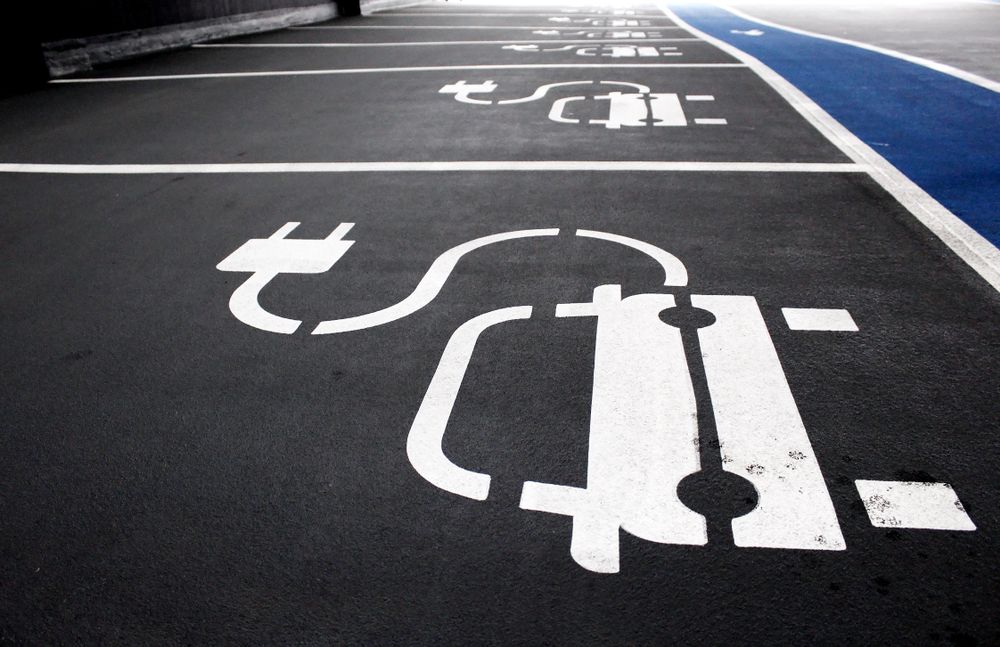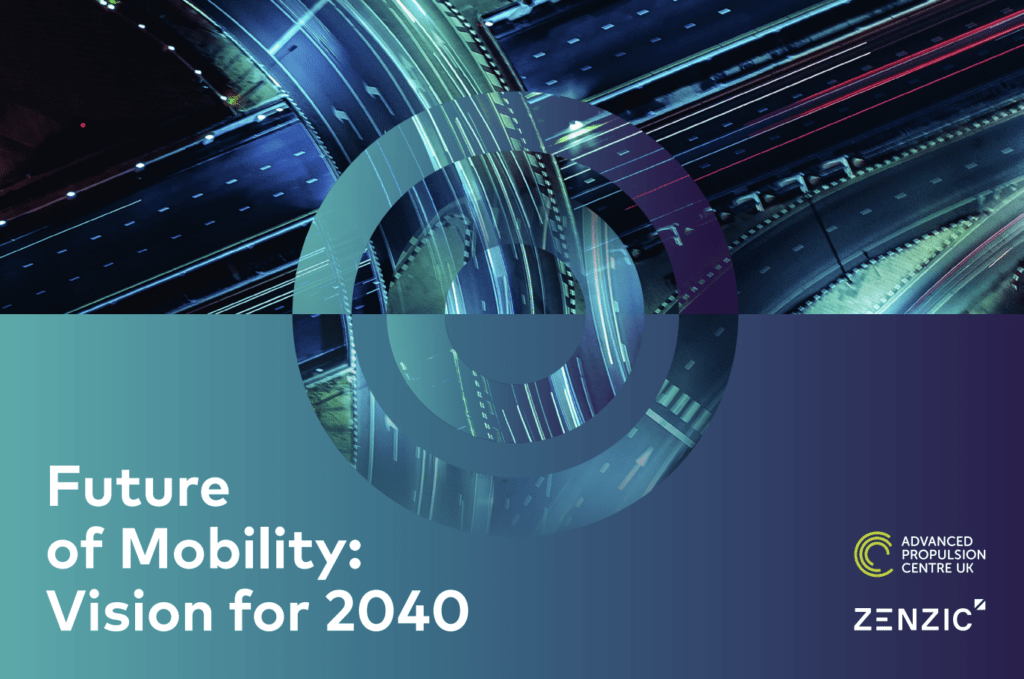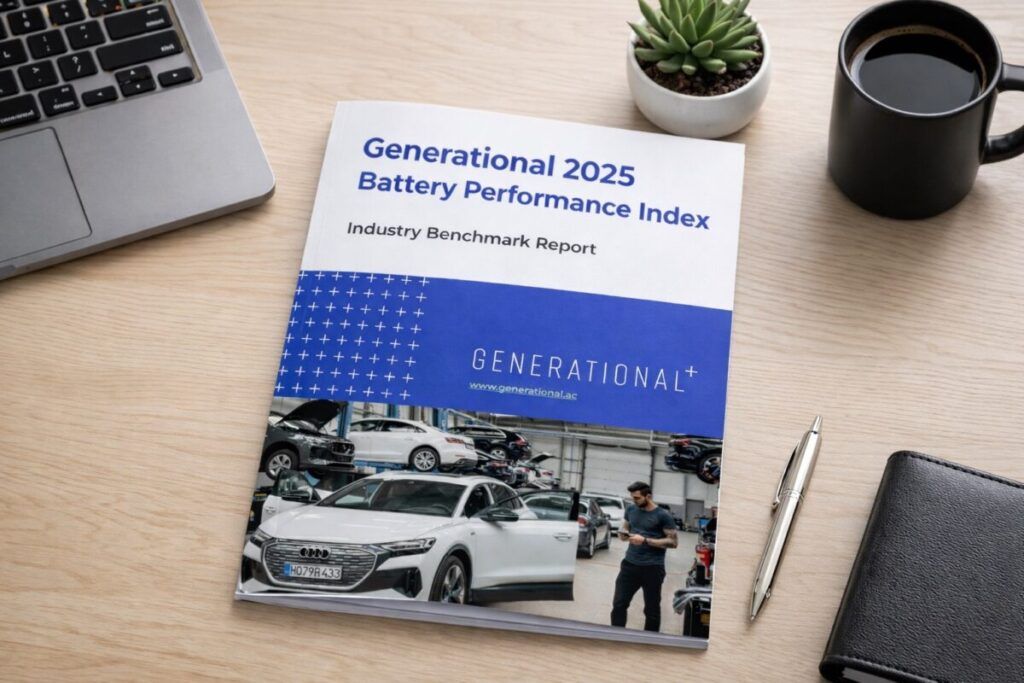UK efforts to reduce transport emissions has driven up demand for developers who can support the roll out of electric vehicles (EVs) and other forms of sustainable transport, according to research commissioned by Ordnance Survey.
The research, which canvassed the opinions of 500 developers who have worked on UK-focused sustainability projects, reveals that developers are highly motivated by the opportunity to do something positive for the world and enjoy the technical challenges these projects present. It also reveals that sustainability projects offer the potential for higher remuneration.
The same research also highlights how UK efforts to reduce transport emissions – including a deadline of 2030, by which all new vehicles must be electric or hybrid models – has driven up the demand for developers who can support the rollout of EV infrastructure, the supporting energy infrastructure, and the digital solutions that will accelerate EV adoption.
Key findings include:
- Over 90% of respondents said they enjoy working on sustainability projects because of the challenges involved and the motivation to do good
- 82% of respondents reported that sustainability projects attract at least 5% higher remuneration, with British and Polish developers reporting at least 10% higher pay
- 94% of developers bring their own ideas to the table for ways to develop sustainability projects, showing that they are highly engaged with the process
- Main focus to date has been sustainable development – close to 70% of respondents have worked on projects in this area, followed by energy and power at 57%, natural resources at 51%, and transport and mobility at 49%
- Some 66% of developers who worked on transport and mobility projects focused on EVs
- 87% of respondents working on EV projects agreed that the UK’s Zero Emission Policy was a key driver of their EV project. Of these, 37% worked on EV infrastructure development projects, and 34% on EV projects related to user experience
- 46% of developers working on sustainability projects use geospatial tools
Rollo Home, Head of Product at Ordnance Survey, says: “Developing solutions that will help to tackle the climate crisis and ensure a more sustainable future must be a focus for organisations and governments across the globe. Those with technical skills and data expertise will be crucial when it comes to innovating in this area, as will access to high-quality data. Our research and conversations with developers have revealed that use cases for the environment and national infrastructure require trusted geospatial data, which is where Ordnance Survey’s data offerings and expertise stand out above other data providers. Through the OS Data Hub, developers can quickly access the data they need through APIs to build applications and embed richer contextual features in existing offerings.”
When looking for a geospatial data source, developers are less swayed by cost and more by what works: only 10% said that a source being free was the reason for their preference, while 40% said that they were looking for the best tool for the job. OS was ranked highest when developers were asked which geospatial data provider offered tools that were the ‘easiest to use for development’.
Across all respondents, there is a clear prevalence of developer projects focusing on expanding and building public EV charging infrastructure. A key focus for developers is to plan the siting of charging stations, keeping in mind the traffic routes, land usage and existing power grids. Another equally important effort goes into creating a modern, user-friendly information and communication platform for EV adopters, such as apps informing drivers of charging point status, location, connectivity and local amenities.
Rhoswen Hoath, Product Manager, Ordnance Survey adds: “Historically, turning geospatial data into usable information required niche skills and expertise. From challenging file formats to geographical nomenclature, geospatial datasets were among the most difficult to use. As part of Ordnance Survey’s digital transformation, and the wider evolution of the technology landscape, organisations are increasingly able to access and share data in more user-friendly formats, such as through APIs. Today, developers without geospatial expertise can quickly spin up geospatial applications and features that vastly improve their offerings. For those working on sustainability projects, the value of trusted geospatial data cannot be overstated.”
Image courtesy of Shutterstock.












